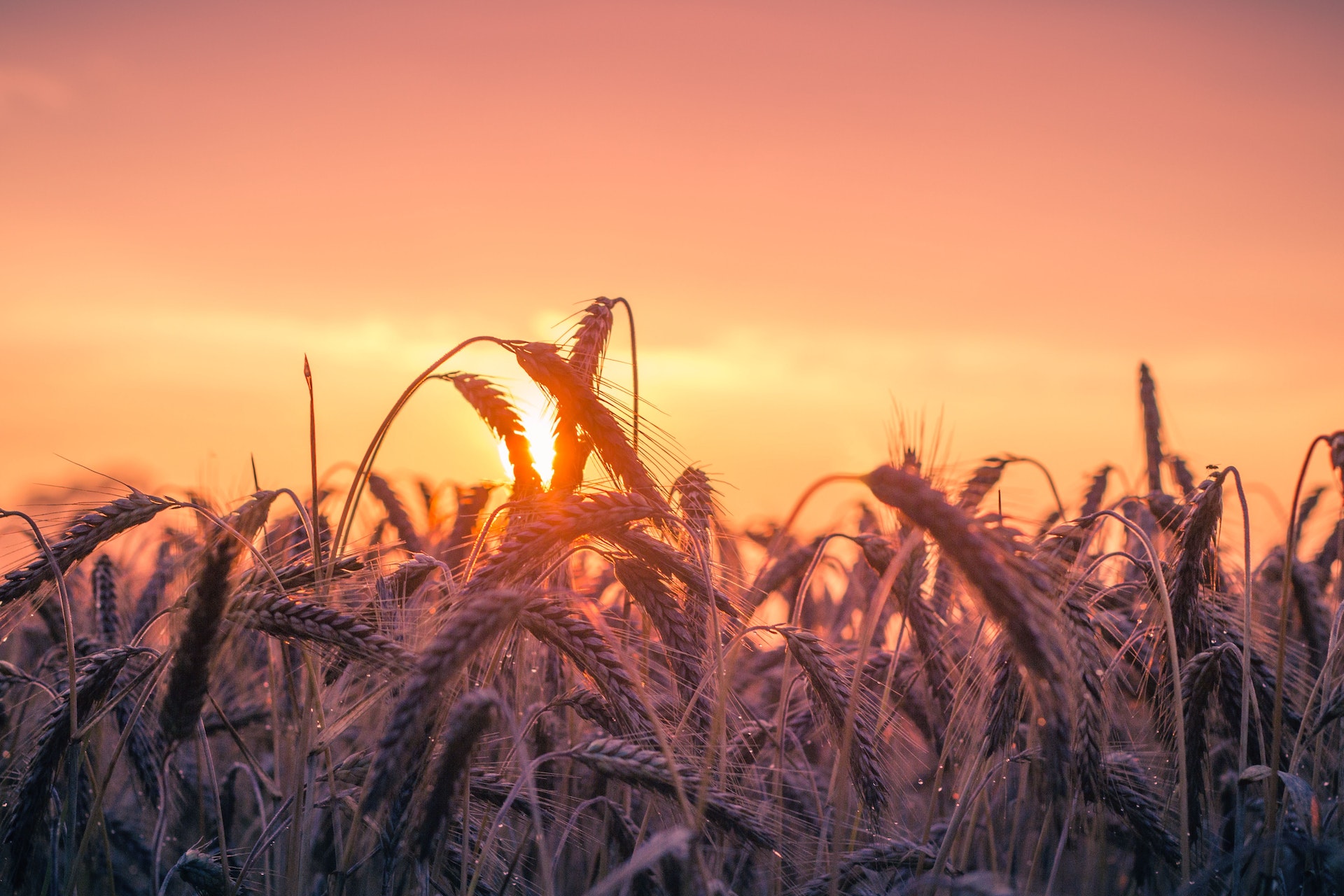Speaker bio:
Dr Lorna McAusland is a plant physiologist, specialising in the dynamic responses of photosynthesis and water regulation to heat stress. Currently a member of Professor Erik Murchie’s lab at the University of Nottingham, Lorna is a research fellow on a BBSRC-Newton fund; working with Mexican partners to understand the impact of nocturnal temperatures on spring wheat yields in North-western Mexico.
Seminar synopsis:

Things that go bump in the night…..Understanding the role of nocturnal conductance in response to climate change Nocturnal stomatal conductance (gsn) represents a significant, enigmatic source of water-loss, with implications for whole plant metabolism, thermal regulation and water-use efficiency. With night-time temperatures rising at a rate 1.4x that of daytime temperatures, it is vital to identify and understand variation in the magnitude and responses of gsn in major crops such as wheat. Using state-of- the-art climate control rooms simulating the conditions of North-Western Mexico, the nocturnal responses of eight T. aestivum genotypes were investigated. The magnitude of gsn was genotype-and growth-stage-specific, accounting for up to 19% of daytime rates of water loss. Expanding these observations to the High Biomass association mapping panel (HiBAP), we explore the variation in gsn and its potential links with cuticular conductance and establishment. Finally, we discuss a novel, high-throughput technique utilising chlorophyll fluorescence to determine leaf photosynthetic heat tolerance, and consider these results in the context of nocturnal processes.


